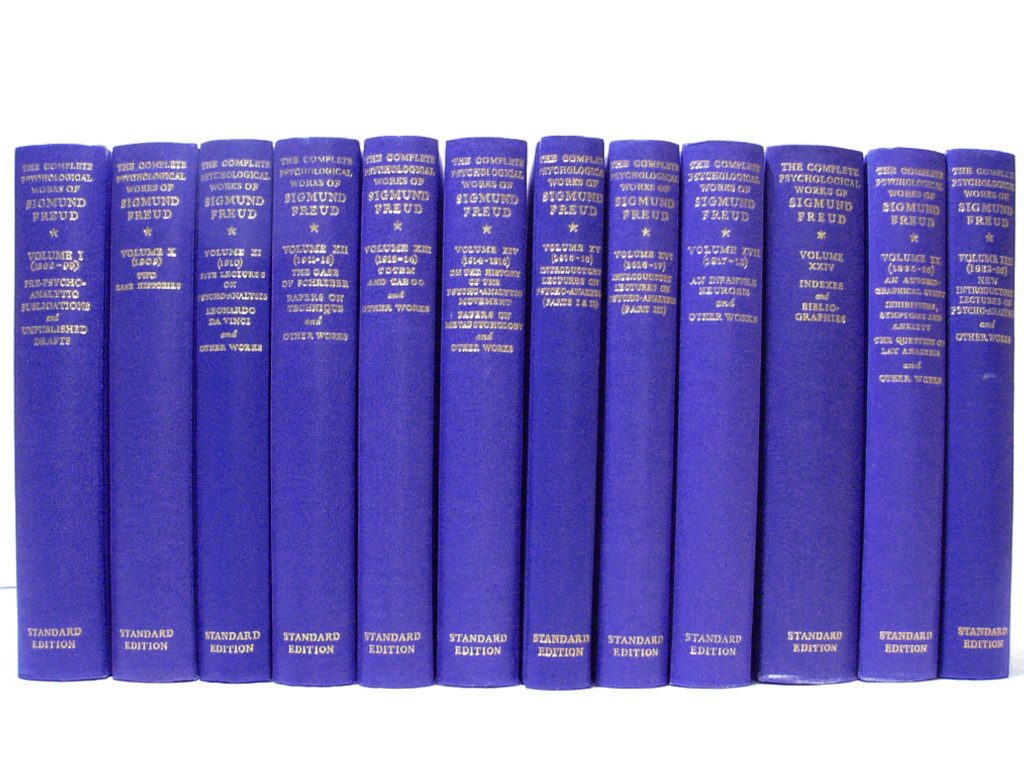Sigmund Freud was born in 1856 in Moravia, Austrian Empire (now the Czech Republic). Between the ages of four and eighty-two his home was in Vienna; in 1938 Hitler’s invasion of Austria forced him to seek asylum in London, where he died in the following year. His career began with several years of brilliant work on the anatomy and physiology of the nervous system. He was almost thirty when, after a period of study under Charcot in Paris, his interests first turned to psychology, and another ten years of clinical work in Vienna (at first in collaboration with Breuer, an older colleague) saw the birth of his creation, psychoanalysis. This began simply as a method of treating neurotic patients by investigating their minds, but it quickly grew into an accumulation of knowledge about the workings of the mind in general, whether sick or healthy. Freud was thus able to demonstrate the normal development of the sexual instinct in childhood and, largely on the basis of an examination of dreams, arrived at his fundamental discovery of the unconscious forces that influence our everyday thoughts and actions. Freud’s life was uneventful, but his ideas have shaped not only many specialist disciplines, but the whole intellectual climate of the last half century.
The Standard Edition of the Complete Psychological Works of Sigmund Freud is a complete edition of the works of Sigmund Freud. It was translated from the German under the general editorship of James Strachey, in collaboration with Anna Freud, assisted by Alix Strachey and Alan Tyson. The Standard Edition (usually abbreviated as SE) consists of 24 volumes, and it was originally published by the Hogarth Press in London in 1953–1974. Unlike the German Gesammelte Werke, the SE contains critical footnotes by the editors. This editorial material has later been included in the German-language Studienausgabe edition of Freud.
Please note that The Standard Edition of Freud’s works in English confuses two terms that are different in German, Instinkt (“instinct”) and Trieb (“drive”), often translating both as instinct; for example, “the hypothesis of a death instinct, the task of which is to lead organic life back into the inanimate state”. This equating of instinkt and Trieb has created serious misunderstandings.
